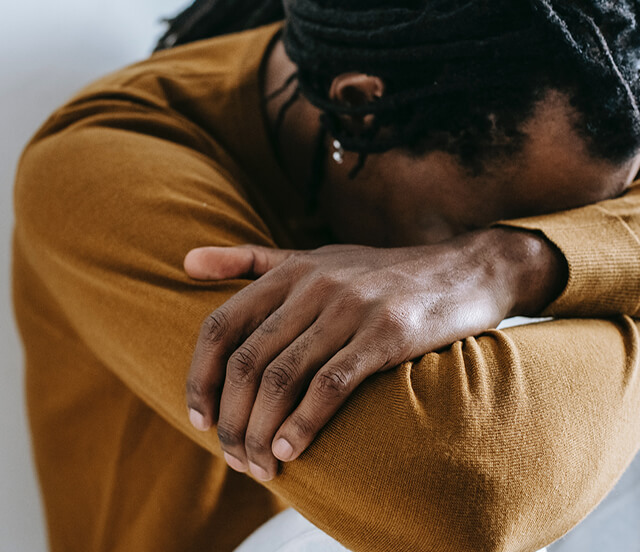by Thuli Montana
In light of women’s month in South Africa and the World Water Week conference that takes place annually in August, this article touches on two subject matters that humanity simply cannot survive without.
Women and Water
In February 2019, I started my doctoral research on water security and governance in South Africa. This scary, yet exciting life decision Ied me to think deeply about how my research could contribute towards addressing inequalities in access to water in South Africa, as well as how I see myself fitting and growing into a sector where women of colour are underrepresented, particularly at managerial and senior levels.
Everybody says women are like water. I think it’s because water is the source of life, and it adapts itself to its environment. Like women, water also gives of itself wherever it goes to nurture life….
Xue Xinran, The Good Women of China: Hidden Voices
The water sector like many others, is still struggling to advance the place and value of women in its workforce. A 2019 study conducted by the World Bank on Women in Water Utilities Breaking Barriers, highlights that less than 1 in 5 workers are women in the water sector. It further stresses that women are an untapped pool of talent, capable of meaningfully driving efforts for sustainable water use and development. While the report notes a change in the sectors uptake of women, the pace of change is regarded as being too slow and conservative. A factsheet titled “Women and Jobs in the Water Sector: How did she get there?” shows how this conservative approach inherently diminishes the ability for women to apply their knowledge and skills for improved water resources management, further limiting efficiency and transformation in the sector.
The reasons for underrepresentation are attributed to misconceptions about how technical the water sector is. This includes skewed ideas that only individuals with a background in engineering (predominantly males) are best suited for water jobs.
This reasoning neglects the diverse employment opportunities that exist in the sector (i.e. water policy, water law, community outreach and engagement, climate research on floods and droughts, urban planning, water financing and economics etc.). Additionally, the scarce representation and visibility of female role models at senior levels reduces job attractiveness and prospects of career growth. Poor commitments from companies and governmental institutions to fully integrate gender-sensitive policies and empowerment frameworks also attribute to underrepresentation and lastly socio-cultural expectations of women may influence their career choices and pathways steering them away from the sector.
The above-mentioned factors (among many) present challenges and significant opportunities for young women like myself who are driven to transform the landscape of the sector through purpose-driven research and representation. Although limited, opportunities do exist (i.e. research, training, mentorship and networking) for the sector to be diversified and reformed to showcase the ability of women to perform and thrive as water leaders.
The spread of the novel Coronavirus, led to governments and multi-national organizations urging citizens to wash their hands with clean water for approximately 20 seconds as one of the preventative measure for the virus. We do not have to think far and wide about the difficulty of adhering to this instruction, when 790 million people (1 in 3 people) lack access to safe potable water.
Studies show that women and girls are disproportionately affected by Covid-19 as a result of economic hardships, gender-based violence and amplified carrying responsibilities while at home. With regards to water, women and girls bear the brunt of collecting water often from long distances. Moreover, women are subject to abuse and attack while walking to collect water or using communal toilets. Lastly, women have specific sanitation needs during pregnancy, menstruation and child rearing, which cannot be met with inadequate access to water or redirected use of water such as those required for the pandemic.
At a Ministerial session during the online World Water Week Conference, Minister of Minister of Human Settlements, Water and Sanitation Linidiwe Sisulu spoke about South Africa’s rapid response to Covid-19 through the centralization of water and procurement of water tanks for distribution to parts of the country with limited water access.
As a leader in our 50% female Cabinet, her efforts to run the Ministry are hampered by broader institutional and political challenges that reflect the gaps in our countries capacity to provide water to those in need. While South Africa is lauded for its world class water law and policy framework, the challenge of transformative implementation and equitable water service delivery looms and calls for a critical review of, 1) existing water governance practices, 2) the countries preparation for any future crises (health and climate related) that may occur and 3) the inclusion of young female leaders willing to support the counties sustainable water provision efforts.
South Africa has a 2019 National Water and Sanitation Master Plan, which states that; by 2030, South Africa should “achieve access to adequate and equitable sanitation and hygiene for all and end open defecation, paying special attention to the needs of women and girls and those in vulnerable situations.”
Women’s month in South Africa presents an opportunity to truly reflect on the place of women in society. It is a time to celebrate the capacities and powers that women possess, but also a time to acknowledge the hardships and unending forms of violence and discrimination we face in our workplaces, communities and even online platforms.
Thinking about these two vital sources of life in tandem forces us to be mindful (event for a moment) about how we relate to and value the things that give us life. For our bodies to survive, they must be replenished and quenched with water and for our societies to thrive, women should be at the centre of development and empowerment strategies. At an individual and collective level, women and water must continue to be valued for what they truly are; sources of life.






